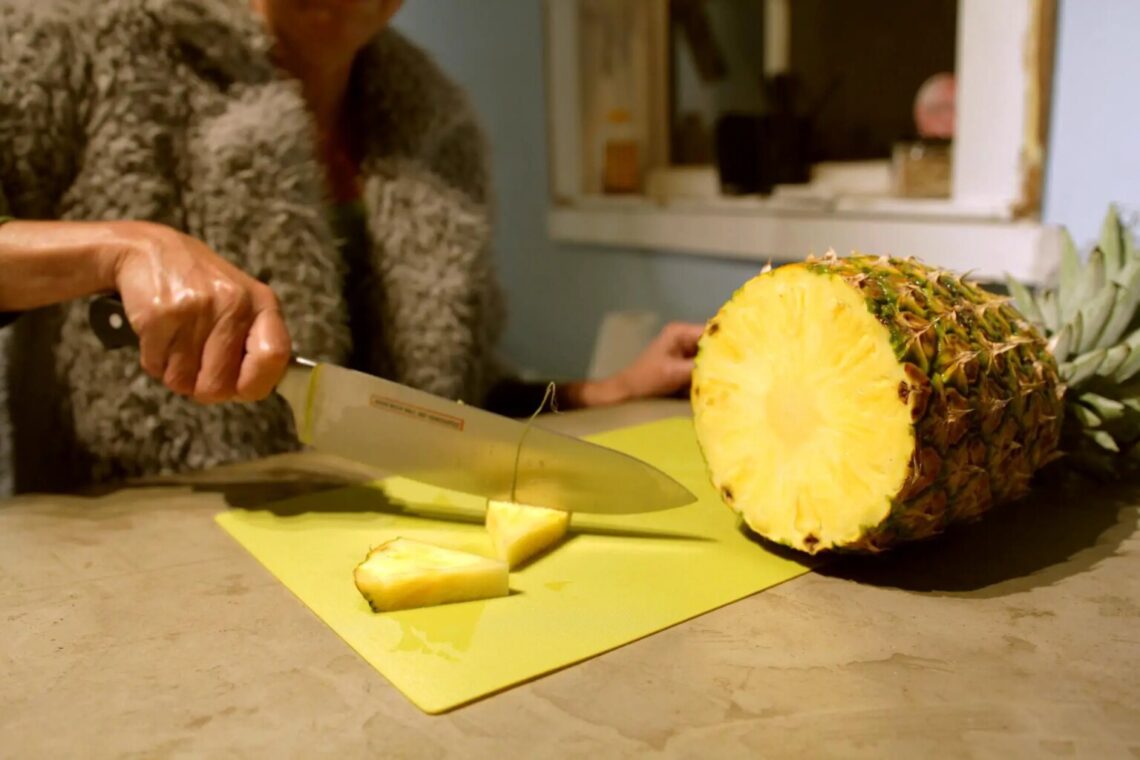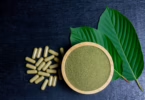Louisiana has never been a state that backs down from a fight. We fight for our families, for our communities, and for the freedom to make our own choices. That’s exactly what’s at stake with Senate Bill 154, which would ban kratom statewide—and shut down the only kava bar in Louisiana: mine.
Euphorbia isn’t just a place to grab a drink. It’s the only kava bar in the state. It’s a space where people come to heal. I’ve seen people walk through our doors trembling from opioid withdrawal, people who’ve been to the edge and made their way back. And the thing that helped them stabilize—what helped them sleep, eat, and stay off heroin—was kratom.
One of our regulars was using street fentanyl before he found us. He told me kratom saved his life. Another woman had tried nearly every anxiety medication on the market and ended up in rehab for alcohol abuse. Kratom gave her a way out—a way to feel calm without numbing herself. I’m not speaking in generalities here. These are real people, with names and faces, who are terrified of what’s going to happen if this ban goes through.
There’s no question we should regulate kratom. Euphorbia supports rules around age limits, third-party testing, and labeling. But an outright ban? That’s not public safety. That’s political panic. If we shut down access to kratom, we’re not saving lives—we’re pushing people right back into the spiral they fought so hard to escape.
And then what?
If kratom disappears from legal shelves, it won’t disappear from demand. Instead, a new market will rise in its place—one filled with synthetic kratom derivatives that are unregulated, chemically altered, and far more dangerous. We’ve seen this happen before. We cracked down on painkillers and fentanyl filled the vacuum. We banned synthetic cannabis and ended up with products that sent people to the ER. When lawmakers ban a safer, natural alternative, they don’t stop the problem—they supercharge it.
Let’s also talk about the numbers. Kratom has not caused a single confirmed death on its own. In every case where it’s been mentioned, other substances were present. Meanwhile, alcohol kills over 140,000 people in this country each year. Tobacco? Nearly half a million. Prescription opioids—most of them legal—are behind tens of thousands of fatal overdoses annually. Where’s the call to ban those?
Why is it that the people who’ve found something that helps them without destroying their bodies are the ones we punish?
If SB 154 becomes law, Euphorbia will close. That’s the end of the only sober, plant-based social space of its kind in Louisiana. But more importantly, it’s the end of a support system that hundreds of people rely on to stay alive, stay sober, and stay grounded.
If you’re a lawmaker, come visit us. Sit down with the people who are scared right now. Ask them what this plant means to them. Ask them what they’ll do if it’s taken away.
This isn’t about some obscure herbal supplement. It’s about people. It’s about choice. It’s about not ripping away the only thing that’s worked when everything else has failed.
You want to prevent harm? Keep kratom legal. Regulate it. Make it safe. But don’t take it away.
Too many lives depend on it.
As you may know, there is a ⚠️ Crisis in Louisiana!
|
Unfortunately, Louisiana is now at a breaking point. A bill that would criminalize kratom is expected to go to a vote in the Louisiana House as soon as Tuesday, May 27th. If passed, this law would devastate consumers and empower special interests. Our final chance to stop this bill is NOW. We must email Louisiana House members today and shine a light on the truth: Use the form below to contact Louisiana legislators and share the facts about who is funding this bill. The full list of his contributions are pre-populated in the form: This is our last stand in Louisiana. Please speak out today, and help us protect kratom access for the thousands who rely on it. |
|
|
Stop State bans! |
Donate to stop state and local bans |
|
The AKA resources are stretched precariously thin fighting bans across America, in addition to trying to reverse the stubborn six like those in Arkansas, Rhode Island, and Wisconsin. Please donate if you can to help protect kratom consumers and stop criminalization! |








